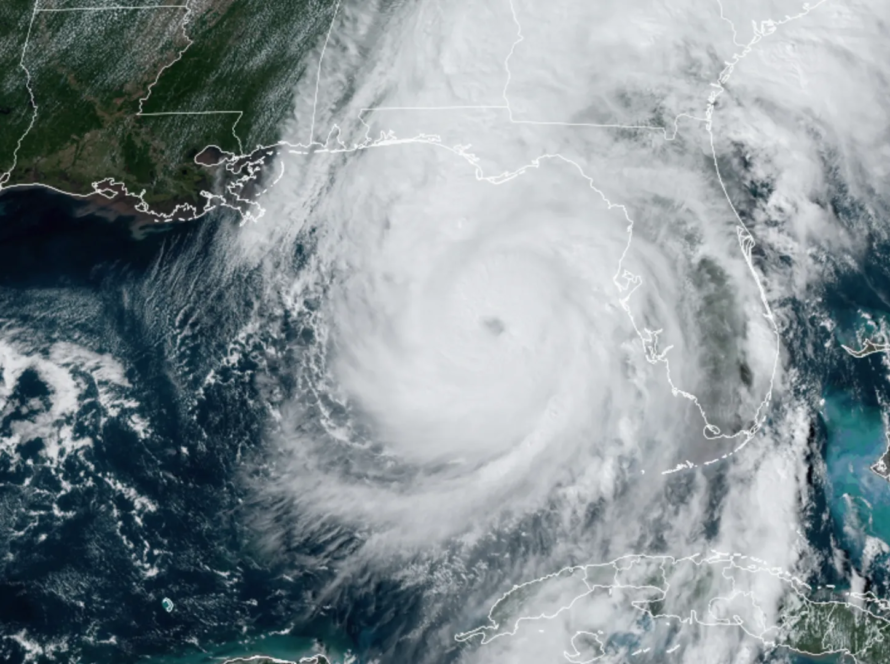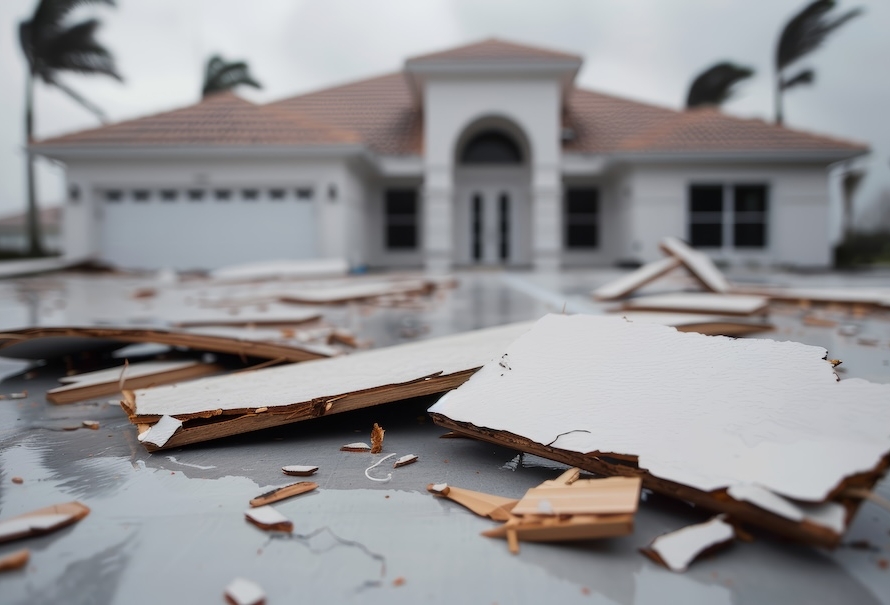
Dealing with a denied or underpaid home insurance claim in Florida can feel like an overwhelming and frustrating experience. Florida homeowners face one of the most challenging insurance environments in the United States, thanks to frequent hurricanes, floods, and other natural disasters. These events often lead to aggressive claim denials or lowball settlements from insurance companies looking to minimize their payouts. However, if your home insurance claim has been denied or underpaid, you don’t have to accept it. This comprehensive guide will walk you through the steps to effectively dispute your claim and ensure you receive the compensation you deserve.
Why Are Florida Home Insurance Claims Denied or Underpaid?
Before diving into the dispute process, it’s crucial to understand why insurance companies deny or undervalue claims. Here are some of the most common reasons:
Pre-Existing Damage Argument – Insurers may claim that the damage existed before the event, making it ineligible for coverage.
Lack of Proper Documentation – Missing receipts, reports, or photos can weaken your claim.
Policy Exclusions – Damage may fall under an exclusion in your policy, such as flood damage in a standard homeowners policy.
Delayed Filing – Florida law requires homeowners to file claims within strict time limits. Missing these deadlines can result in a denial.
Lowball Repair Estimates – Insurance adjusters may underestimate the cost of repairs, leading to an underpaid claim.
Bad Faith Insurance Practices – Some insurers act in a deceptive or unfair manner, denying valid claims or offering inadequate settlements.
If any of these scenarios apply to your situation, it’s time to take action and dispute the claim.
Step 1: Review Your Florida Homeowners Insurance Policy
The first step in disputing a denied or underpaid claim is to thoroughly review your homeowners insurance policy. Understanding the specifics of your coverage is essential. Here’s what to look for:
What’s Covered vs. Excluded – Identify whether the damage is explicitly covered or excluded under your policy.
Claim Deadlines – Ensure you filed your claim within Florida’s required timeframe.
Dispute Resolution Clauses – Some policies require mediation or appraisal before pursuing legal action.
If you’re unsure about any part of your policy, consult with an experienced insurance dispute attorney to ensure you’re interpreting it correctly.
Step 2: Request a Detailed Explanation from Your Insurer
Under Florida law, insurance companies are required to provide a written explanation for claim denials or low settlements. Here’s what you should do:
Request a full breakdown of how the insurer calculated the payout.
Compare their assessment with contractor repair estimates.
Look for inconsistencies between their reasoning and your policy coverage.
If the insurer’s response doesn’t align with the actual damage costs, it’s time to move forward with disputing the claim.
Step 3: Gather Evidence to Support Your Dispute
Building a strong case requires solid documentation. Collect the following evidence to strengthen your dispute:
Photos & Videos – Take detailed images of the damage before and after repairs.
Contractor Estimates – Obtain multiple repair estimates to counter a lowball offer.
Inspection Reports – Independent appraisals can serve as powerful evidence.
Communication Records – Keep emails, letters, and other correspondence with your insurer.
A well-documented claim makes it significantly harder for insurers to deny or undervalue your case.
Step 4: File a Formal Appeal with Your Insurance Company
Florida law allows homeowners to formally dispute an insurance claim decision. Follow these steps to file an appeal:
Write a dispute letter outlining why the claim should be reconsidered.
Submit supporting documents, including photos, contractor estimates, and expert reports.
Request a re-evaluation and keep copies of all submissions.
Under Florida regulations, most insurers must respond within 14 business days.
Step 5: Hire a Florida Insurance Dispute Attorney
If your insurer refuses to pay what you’re owed, it may be time to escalate the matter legally. A skilled Florida insurance dispute attorney can:
Negotiate a higher settlement before litigation.
Sue the insurer for bad faith if they acted unfairly.
Ensure compliance with Florida’s legal deadlines for lawsuits.
At Payne Law, we specialize in fighting for Florida homeowners against insurance companies and securing the maximum compensation possible.
🚨 Don’t Let Your Insurance Company Undercut You – Get Legal Help Today! 🚨
If your home insurance claim has been denied or underpaid, don’t let the insurer take advantage of you. Payne Law has helped countless Florida homeowners recover the payouts they rightfully deserve.
👉 Don’t settle for less—fight back and get the compensation you deserve!
Schedule a FREE Consultation.
Submit your case details swiftly through our contact form for Payne Law’s prompt review and response.
Error: Contact form not found.



